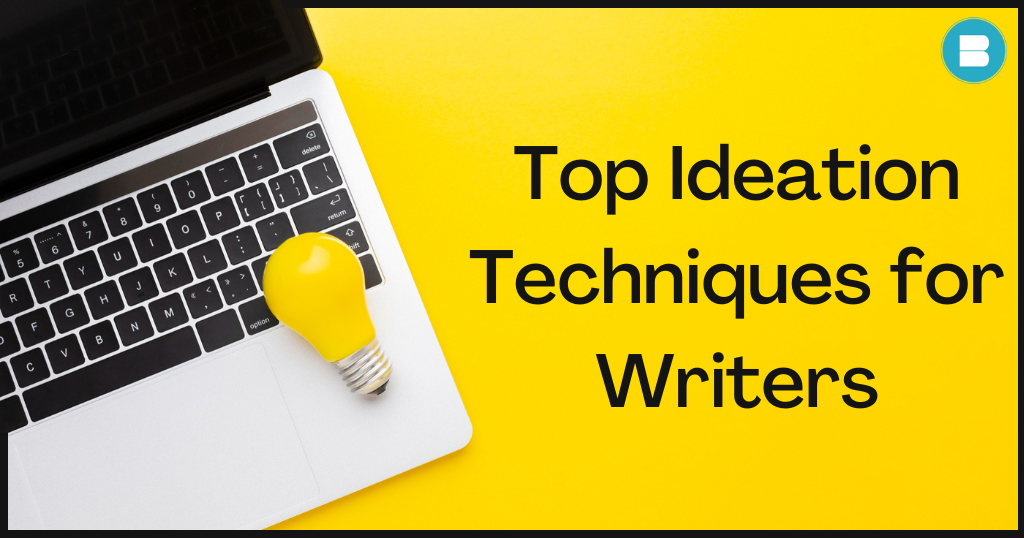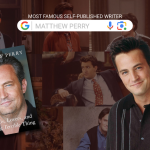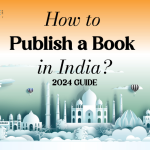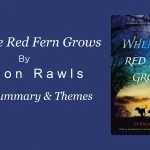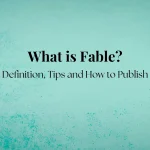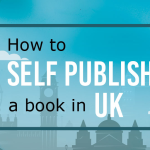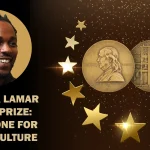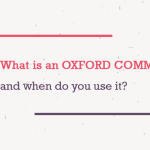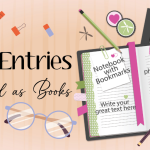Looking for Ideation techniques for Writers? Novel and short story ideas pour like water from a fountain for certain people. However, for the rest of us, creative writing is a more deliberate process. That is why Ideation/Brainstorming is important.
Ideation refers to the entire creative process of developing and expressing new ideas. Ideation is creative thinking that helps a writer to outline the important elements of their book, how to structure it, and what will be the routine. It includes coming up with new ideas, developing current ones, and determining how to put new ideas into action.
Brainstorming is an excellent method for generating a large number of ideas that you would not be able to develop by simply sitting down with a pen and paper.
But being honest, authors acquire their inspiration from a variety of sources. Newspapers, television, movies, other books, overheard conversations, dreams, nightmares, individuals we’ve met, loved, despised, and married. And sometimes we have no clue as to where an idea came from!
While there are a few bizarre ideas to start brainstorming with –
- Listen in to a conversation – well you don’t know them, they don’t know you but it could still give you an idea.
- Don’t wait up for the idea to strike – you can’t just sit and read or watch movies, you need to get up and get going. Do your daily things, meet people, talk, act human because honestly writers aren’t one. And slowly your brain will get an idea for you to exploit.
- Think of a person you don’t like – what are the chances you’d like them? What would make them likable, if they were opposite to how they are today, how would their life be…. Think about it, my fellow writer.
- A bit boring place to start from but Writer’s Digest says scroll through your junk mails – I mean it would definitely have some things to start an interesting story from.
You may also read: Additionally Synonyms and Antonyms for Students & Writers

Read: Who is Annie Ernaux? Things to know about Nobel Prize Winner
But not everyone loves bizarre so if you’re looking for innovative ideas but don’t know where to start, here are some suggestions to get you started: writing a thriller, a love story, a murder mystery, and science fiction –
- You can start from anywhere. Characters, place, conflict, personalities, villain, family, friends – wherever you want. Your ideas need somewhere to start so do what we do best – pick one thing and exploit it till the moment you get what you want.
- Create a fictionalized version of a true story. Reading the news, historical books, or viewing documentaries might provide you with fascinating narrative ideas. You can even draw inspiration for a fictional novel, short story, or script from an existing nonfiction work. In a broader sense, you can find inspiration from a podcast, a poem, or even a self-help book.
- Write about a personal experience. Many authors begin their writing process by reflecting on an event from their own lives. It could provide you a lot of ideas for what to write about.
- Examine the plot of a book you like. Reread one of your favorite books, whether it’s a current favorite or the first book you fell in love with as an adult. Consider what makes the storytelling work for you when you reconnect with the plot. Is there a storyline twist on every page of the book? Is it a character study that unfolds gradually? What components might serve as inspiration for plot ideas for your own story?
- You can start from anywhere. Characters, place, conflict, personalities, villain, family, friends – wherever you want. Your ideas need somewhere to start so do what we do best – pick one thing and exploit it till the moment you get what you want.
- Keep imagining scenarios. “What if…?” you might wonder. Consider a well-known historical era and consider what might happen if a few essential aspects were modified. This fiction writing technique is the foundation of the alternate history fiction genre (also called speculative fiction). Alternate history fiction is a type of fictional narrative in which the author changes one or more significant components of documented history and then creates a plot based on this modification.
- Begin writing as soon as you can. Planning is necessary, but don’t let excessive planning distract you from the task at hand, which is actually writing your novel. The initial draft of your first chapter may be bad, and it may need to be completely redone once you’re finished, but it’s critical to get started before you become paralyzed by second guessing.

